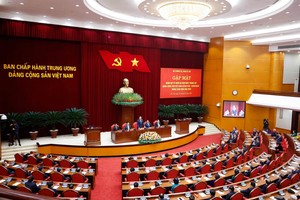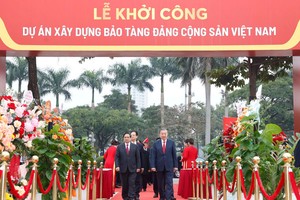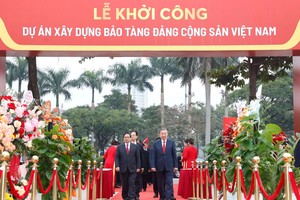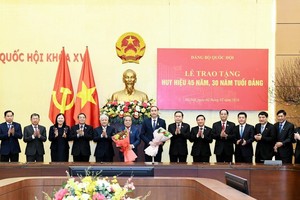Today, NA deputies examine the draft resolution for the second amendment and supplementation of certain articles of the 2013 Constitution, alongside revisions to multiple foundational laws governing the Vietnam Fatherland Front, Trade Unions, Youth, and Implementation of the Grassroots Democracy.
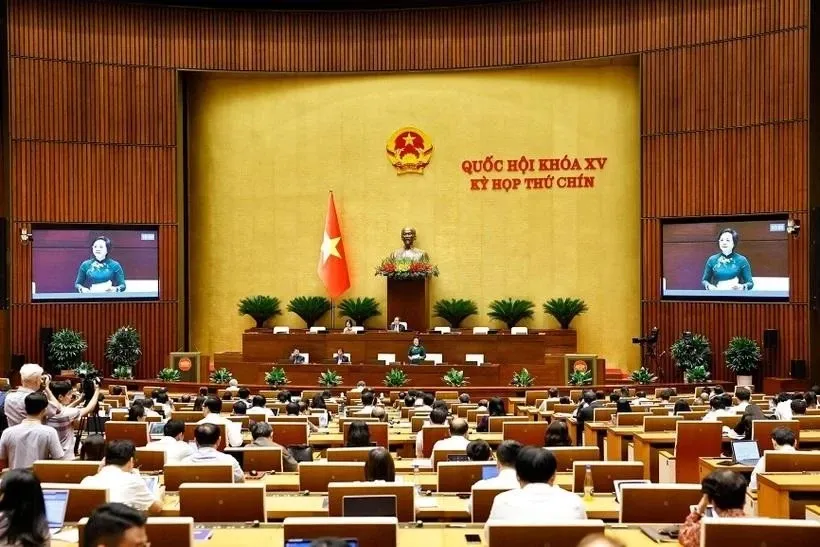
Vietnam's National Assembly continues its legislative agenda on June 13, with lawmakers engaging in deliberations over proposed constitutional amendments and groundbreaking economic reforms for the northern port city of Hai Phong.
The session is broadcast live across the nation. Deputies examine the draft resolution for the second amendment and supplementation of certain articles of the 2013 Constitution, alongside revisions to multiple foundational laws governing the Vietnam Fatherland Front, Trade Unions, Youth, and Implementation of the Grassroots Democracy.
In the morning, legislators debate on discuss a draft resolution establishing pilot mechanisms and special policies for Hai Phong's development. They also listen to a proposal of the 2026 National Assembly supervision programme, followed by extensive discussions on the oversight framework.
The proposed Hai Phong development resolution aims at removing bottlenecks and creating breakthrough momentum with significant spillover effects throughout the Red River Delta region. Besides, it is expected to contribute to the nation’s high economic growth target for the 2026-2030 period.
Regarding financial management provisions outlined in the draft resolution, Hai Phong will be allowed to mobilise capital through local government bond issuance, domestic financial institutions, other domestic organisations, and foreign loans borrowed by the central government. The total outstanding debt ceiling would be capped at 120 percent of the city's allocated budget revenue according to decentralisation principles, with annual borrowing levels and budget deficits subject to National Assembly approval under the Law on State Budget provisions.
The draft resolution introduces tax incentives for innovative startup activities within Hai Phong, including complete corporate income tax exemptions for a five-year period. Personal income tax and corporate income tax waivers will extend to individuals and organisations earning revenue from transfers of capital contributions and investment rights in local innovative startups, also spanning five years. Additionally, personal income tax exemptions on wages and salaries will benefit experts, scientists, and innovative individuals for a five-year term.
The resolution proposes establishing a free trade zone within Hai Phong, accompanied by special preferential policies streamlining administrative procedures across multiple sectors. These reforms would simplify investment and business procedures, import-export processes, immigration and temporary residence protocols, work permit requirements, and land use and construction investment procedures.

